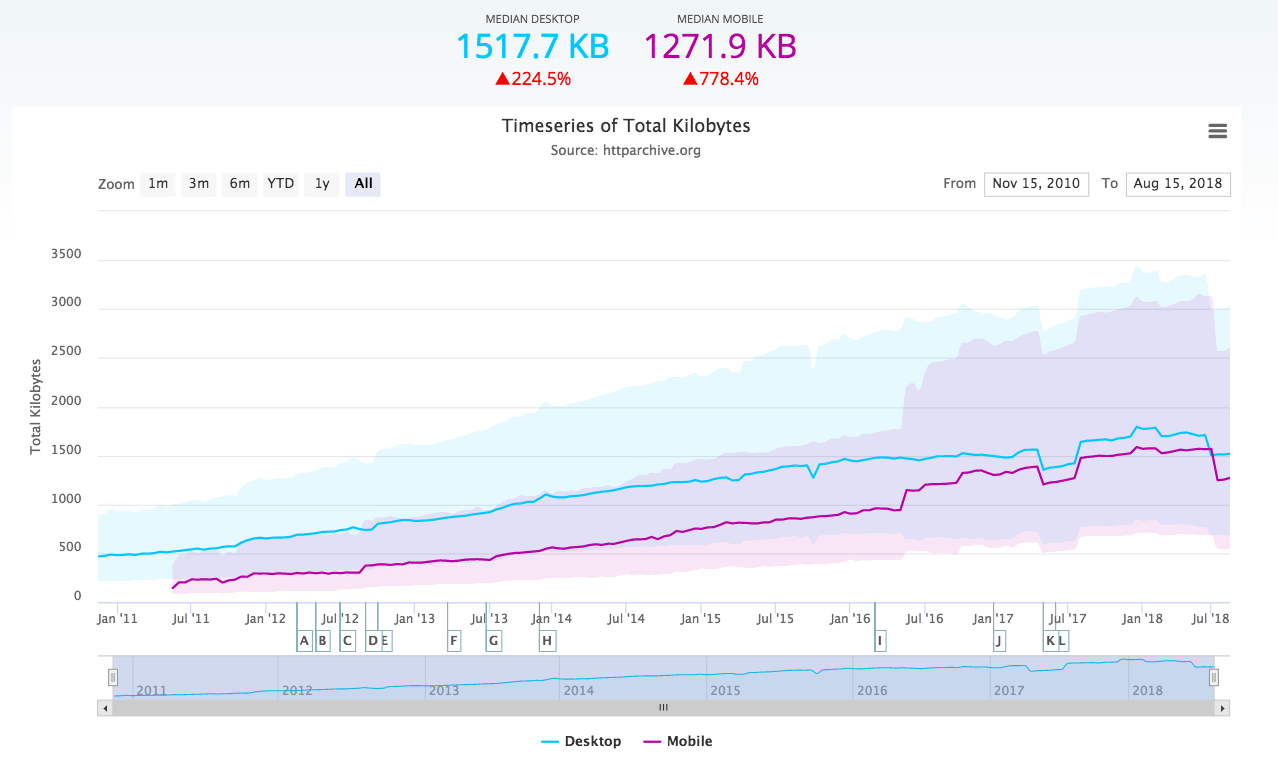 “What if Google does it?”
“What if Google does it?”
That has to be a pretty common question among startups when they discuss their business plans. Gaining Google as a sudden competitor is usually not good news.
The problem is, no matter how brilliant your software or service may be, there’s always a cloud on the horizon. There are elephants out there, the likes of Google, Microsoft, Apple, and now also Facebook, and those elephants can come crashing into your glass house at any time. All they need to do is release a similar product.
It happens all the time.
A history of giants trampling smaller guys
When one of the giants enter your field, death doesn’t always come swiftly, or at all, but the glory days tend to be over when you gain such a big competitor.
Here are a few examples of when giants have stepped in and taken over entire market segments:
- Microsoft’s Internet Explorer vs. Netscape Navigator. In the 90s, Netscape Navigator was the king of web browsers. Then Microsoft launched its free Internet Explorer and developed it at a rapid pace, crowding out Netscape from the browser market in just a few years. It was the first browser war. Microsoft went on to claim more than 90% of the browser market, and stayed that way until Firefox launched.
- Google Maps vs. Mapquest. Remember Mapquest? It used to be the go-to place for online maps. That was before Google launched Google Maps and threw its weight into the fray. Google Maps quickly became the dominant map application on the Web.
- Apple Dashboard vs. Konfabulator. When Apple launched its Dashboard, giving Mac OS X native support for Widgets, they effectively pushed out Konfabulator, a third-party Widget platform now owned by Yahoo.
- Google Analytics vs. web stats companies. When Google purchased Urchin, one of the leading web stats services, that whole industry probably started sweating. And they had reason to. Google soon launched a free, rebranded version of Urchin (Google Analytics) with features that rivaled the paid options at the time. Google Analytics is now the most-used web stats service by far.
- Apple iTunes vs. podcasting companies. There were a number of companies trying to ride on the podcasting wave, including companies like Odeo (run by the team that would create Twitter). Then came Apple and built podcasting support directly into iTunes, which almost immediately became the dominant podcast client.
You can probably think of a number of other similar examples. There are plenty of them, so please feel free to share your examples in the comments.
Future tramplings?
Some of the below cases might eventually join the above examples. History will tell.
- Goo.gl vs. Bit.ly. Google’s launch of its public Goo.gl URL shortener probably didn’t come as good news to Bit.ly, although admittedly Bit.ly doesn’t seem to have suffered from it so far. We’ll see what happens in the long run. Bit.ly also has to contend with the fact that Twitter is increasingly using its own URL shortener, t.co.
- Microsoft Security Essentials vs. anti-virus companies. The main market for anti-virus products is on Windows PCs, and for a while now, Microsoft has been offering a free anti-virus package for Windows users. The anti-virus makes must be starting to notice the effect of this, because they have started to publicly complain about Microsoft’s entry into the field.
- Facebook vs. Foursquare & Gowalla. Facebook recently started adding location-based services, and with a user base of more than half a billion, this means that upstarts Foursquare and Gowalla will have to work very hard to not be made irrelevant in the long run.
- Mac App Store vs. MacUpdate Desktop & co. Apple will soon launch the Mac App Store. It will feature an auto-update feature for apps bought through the store. If Apple’s alternative becomes prevalent, it could be bad for MacUpdate Desktop and any other app designed to keep Mac software up to date.
- Microsoft & Google & Apple vs. Mozilla Firefox. Right now the browser wars are heating up again, and although right now Mozilla’s Firefox is the second-largest browser in the world, fact remains that it’s competing with browsers from not one, not two, but three of the giants we’ve mentioned in this article. Will they be able to hold out?
It doesn’t have to be bad news
When one of the giants step into your territory, it doesn’t necessarily have to be bad news. Sometimes it’ll raise awareness about your product. Sometimes the giants simply can’t compete, no matter how strange that sounds. A small company can be totally focused on one service, while a big company will often have a wide roster of products, given various levels of attention.
For example, Google’s decision to provide consumers with a free DNS service doesn’t seem to have affected services like OpenDNS at all, perhaps because they also have free options. They even argue that it’s been good for them, largely because it’s raised awareness among consumers.
The big problem seems to be when companies provide a paid product and a big player comes in and offers the same functionality for free.
Try to predict the future, or just stop worrying and do your thing
If you’re about to launch a new product, you may well want to take a very close look at what the big companies might be working on right now and where they are likely to be headed. Heading on a collision course with Google, or Apple, or Microsoft (or Facebook for that matter) might not be the best thing for your startup.
On the other hand, always second-guessing what others might be up to can easily get out of hand and paralyze you.
Perhaps the best way forward is simply to follow your passion and not worry too much about what others are doing. There will always be risk, and considering how wide the product portfolios of the giants tend to be, they will be dabbling in so many fields that no one is safe.
So perhaps there’s no use worrying. Embrace the challenge instead and just make the best product you can regardless of what else is out there, or may come down the line. It can pay off in a big way.


























